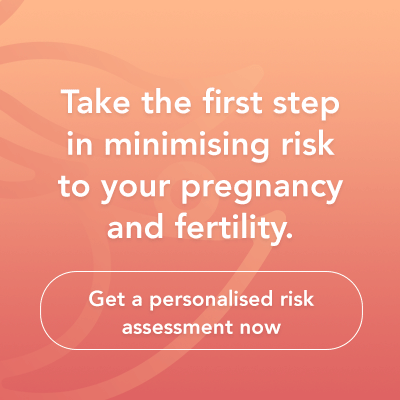You will need more of certain nutrients during your pregnancy.
During pregnancy, your body goes through a lot of changes and has increased demands for your growing baby. For these reasons, good nutrition is essential. Certain nutrients are needed for your own health to ensure optimal growth and development for your little one. So, what nutrients are crucial during your pregnancy? And what role do they play in your overall wellness during this time? Read on to learn about some of the nutrients you should be getting while you are growing your unborn baby…
1. Protein
It is important to get enough protein whether you are pregnant or not, but if you are growing a little human, be sure to consume the recommended amount each day. Protein contributes to the proper growth of your baby’s tissue, vital organs, and brain. It also helps your own breast and uterine tissue to grow as it should. It also helps to increase your blood supply.
It is advisable for pregnant women to consume between 75 and 100 grams of protein every day. It equates to around two or three servings of meat or non-meat alternatives like legumes or nuts. One serving is generally around 85 grams or the size of your palm. Get your protein fix from fully cooked fish or seafood, chicken, lean beef, lamb, pork, nuts, or tofu.
2. Folate
A B-group vitamin, folate, is particularly important for women of childbearing age. It promotes normal growth and development in unborn babies, which is why it is critical in the months prior to pregnancy, as well as the first three months of pregnancy.
In the early stages of pregnancy, babies grow extremely fast. In the first four to six weeks, the neural tube closes and fuses — this will later become the baby’s brain and spinal cord. If your diet is deficient in folate, there is an increased risk that the neural tube won’t close properly. When this happens, a neural tube defect known as spina bifida can occur.
To get enough folate, you can find it in two forms: folate or folic acid. Folate is found in green leafy vegetables like spinach and kale, fruits like strawberries and bananas, and legumes like chickpeas and lentils. Folic acid, on the other hand, is often added to foods like fortified cereals and some fruit juices.
3. Iron
Iron plays a crucial role in producing the red blood cells that carry oxygen around the body. During pregnancy, your iron needs increase because your developing baby draws enough iron from your body to last as much as five or six months after birth. Iron deficiency during pregnancy can increase the risk of pre-term delivery, as well as low birth weight in infants.
Ideally, your daily intake of iron should be 27 mg a day. Animal sources are easily absorbed by the body, but foods that contain vitamin C can help with iron absorption from plant sources.
4. Calcium
Calcium helps build your unborn baby’s bones and regulate your own body’s fluid. Interestingly, calcium requirements don’t actually increase during pregnancy because a mother’s body absorbs calcium much better during pregnancy.
The recommended daily intake for women is 1000 mg per day for women between the ages of 19 and 50 years old and 1300 mg a day for adolescents and those over the age of 51 years old. This recommendation remains unchanged during both pregnancy and breastfeeding.
Make sure that you are getting enough calcium by consuming plenty of milk, cheese, yoghurt, or calcium-fortified soy milk.
How can we help?
Katrina Ridout is an accredited dietician and nutritionist who offers her services all the way from pre-conception, throughout pregnancy, and post-pregnancy. No matter where you are in your journey, Katrina is available to motivate, guide, and provide sound nutrition advice.
To find out about the range of services that Katrina provides, please have a look here.
To arrange a consultation, please get in touch here or give us a call at 1300 640 104.
